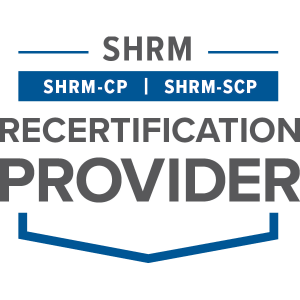When used appropriately, worker surveillance technologies like time and attendance software, video surveillance systems, GPS tracking software, and biometric technology can benefit employers in a variety of ways, including by boosting productivity, identifying internal and external cybersecurity threats, and even preventing or responding to workplace accidents. However, employers must be careful that employee monitoring programs do not run afoul of an increasingly wide range of regulators, now including the Federal Trade Commission.
In recent comments, FTC Division of Privacy and Identity Protection Associate Director Benjamin Wiseman outline the Commission’s commitment to protecting worker privacy. The Commission is the nation’s primary privacy regulator and its privacy enforcement tool is Section 5 of the FTC Act, which prohibits unfair, deceptive, and anticompetitive trade practices. In recent years, the Commission demonstrated its willingness to pursue novel technological issues through enforcement actions against companies utilizing AI facial recognition technologies. Wiseman warned that businesses that infringe on worker privacy risk becoming targets of FTC enforcement actions, stating: Continue reading







 Cybersecurity and digital threats were a hot topic at
Cybersecurity and digital threats were a hot topic at